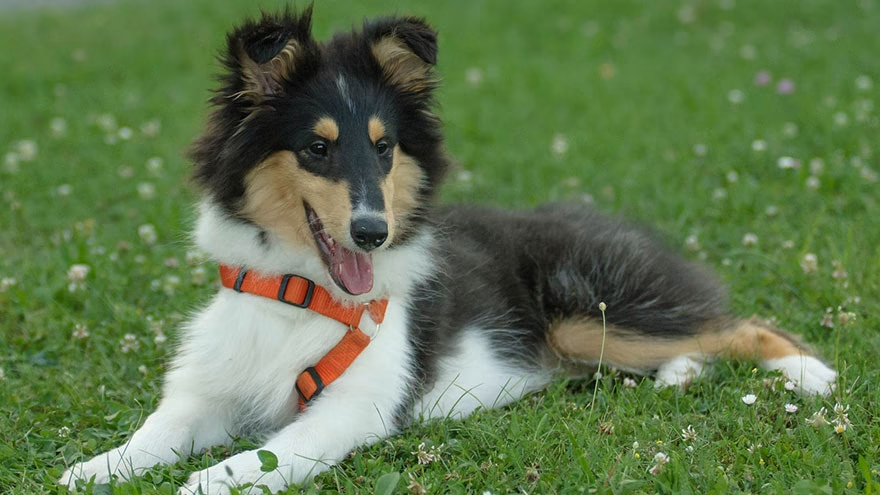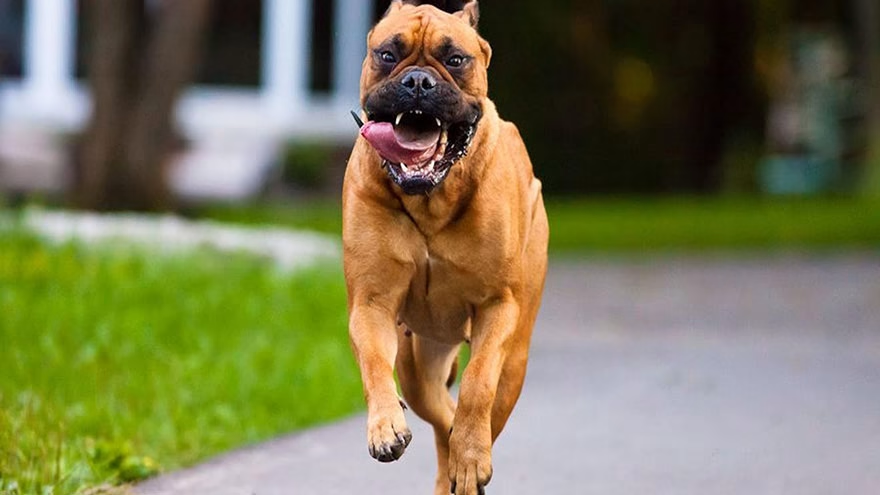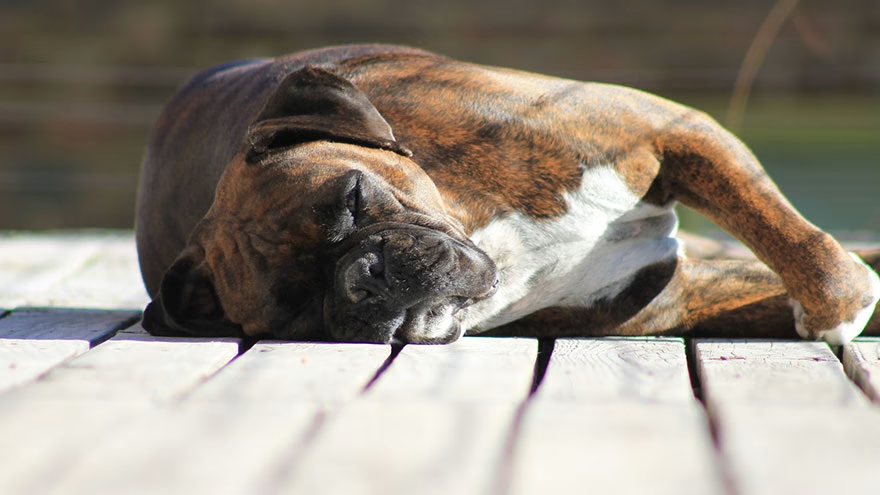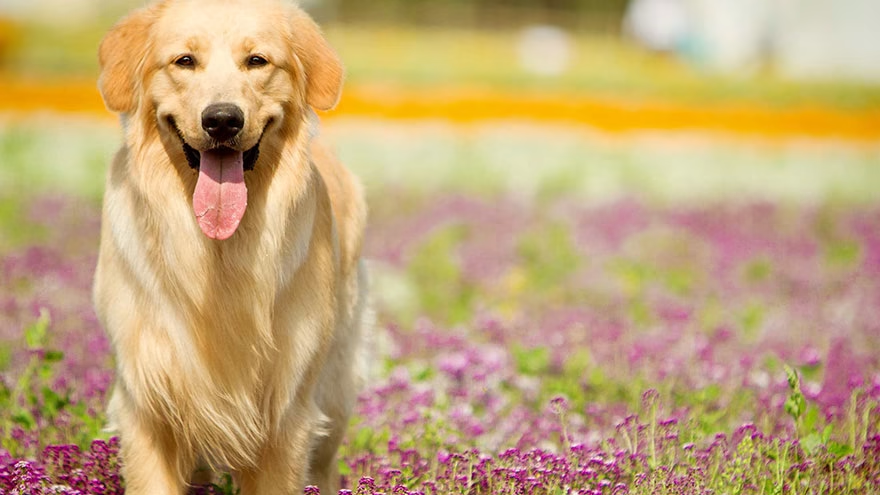Hunters have discovered this breed to be excellent as a field dog and on the water. Those who own a calm, well-bred German Shorthaired Pointer have a good family member but also a dog that loves outdoor activity.
To help answer questions specific to this breed, we have provided information that could help you make your decision for buying.
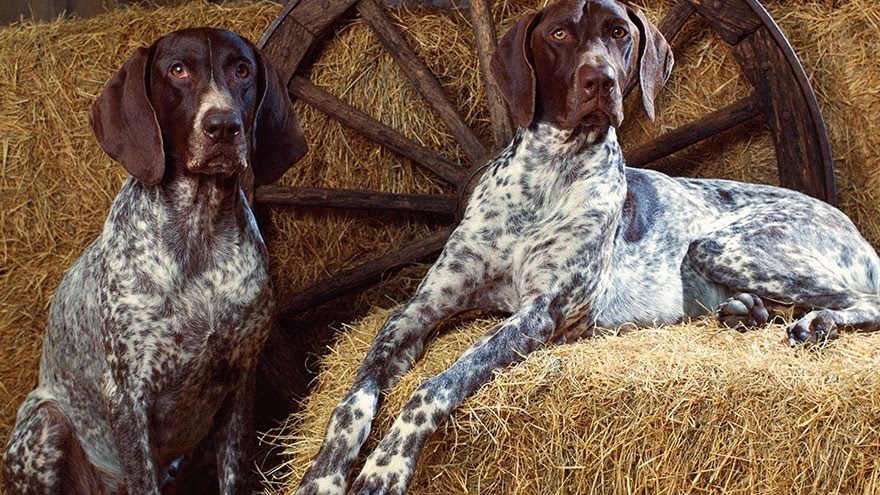
1. What İs The History Of The German Shorthaired Pointer?
This hunting dog is the result of efforts by breeders and hunters in Germany who wanted the best features from such dogs as the Spanish Pointer, various hounds, and the English Pointer. In the 1800s, a dog was developed, good at retrieving on land and water.In addition, this new breed had a great nose for sniffing out game with the hunter on foot. Because of this, many hunters enjoy the German Shorthaired Pointer as an excellent hunting dog and one that needs little training.
2. What İs The Size And Color İs A German Shorthaired Pointer?
The healthy dog should be lean with tight skin of liver color or liver and white. Other colors in the coat are usually considered unacceptable for competition and show.A male will stand about 23 to 25 inches and weigh about 55 to 70 pounds while a female should stand about 21 to 23 inches and weigh about 45 to 60 pounds. The German Shorthaired Pointer is slightly shorter than the standard pointer.
3. Is The German Shorthaired Pointer Good With Children?
Although bred for hunting and working in the outdoors, a well-bred dog can be an excellent family companion. If the puppy is properly raised to be comfortable with people and other dogs, it should do well with children.However, the German Shorthaired Pointer may not be the best choice for living in an apartment or very small home, because it needs to be outdoors and needs plenty of time in the open.
4. Are There Differences Between Male And Female Temperament?
Many experienced owners and breeders report that the male of the breed tends to be a little more aggressive, while females tend to be less dominant.Dogs bred for hunting and competition have more energy than others, so this may be a good thing to keep in mind when you are talking to breeders.
5. Are There Health Problems I Should Know About?
A few dogs of this breed have developed epilepsy and the German Shorthaired Pointer can be prone to an adrenal gland abnormality called Addison’s disease. In addition, all purebred dogs should be screened at an early age for hip dysplasia.There are some vision ailments that you should ask your breeder and veterinarian about as well, including progressive retinal atrophy that can affect night vision and eventually all vision.
6. What Kind Of Exercise Should My Dog Have İf We Are Not Hunters?
The German Shorthaired Pointer needs a lot of exercise because they are a breed of great stamina and energy while working with hunters. Therefore, plan to provide this dog with good exercise, especially if not used for hunting. Additionally, this dog does not do well when left alone, often becoming bored and restless.
7. How Long Will The German Shorthaired Pointer Live?
This is not an extremely large dog, usually living between 12 to 15 years with the correct diet and exercise.
8. What Should I Feed My German Shorthaired Pointer?
If you choose to feed commercial food, use only the best, top-quality brands – those without a lot of grain like corn or wheat since some dogs develop allergies to these grains or are naturally allergic to them. Many owners and breeders feed fresh food like lean meats and some vegetables.
9. What Should I Look For İn A Mature German Shorthaired Pointer?
We would normally recommend that you purchase a young dog, especially a puppy, from a good breeder. This will give you a chance to grow with the new pet and make sure that the dog is comfortable with you and your family.If you choose to buy a grown dog, it should be fine if the previous owner or breeder has taken time to socialize and interact with him in the correct way. Bringing a grown dog to a home with children or other pets may present a problem if the dog has not been around them before.
Therefore, make introduction with mature dogs slowly and be patient while setting boundaries.
Read More About German Shorthaired Pointer
- German Shorthaired Pointer Breed Information
- German Shorthaired Pointer Training Guide
- German Shorthaired Pointer Health Guide
- Owning a German Shorthaired Pointer : Breeder Recommendations
Save for later
Found this helpful?
Pin this article to your Pinterest board and come back to it whenever you need a reminder.
Save to Pinterest